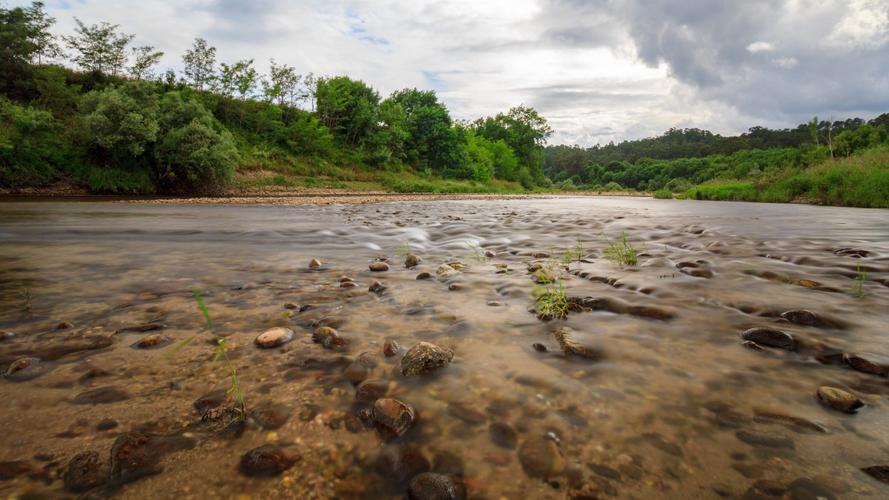10 Important Pieces of Information You Need to Know About Hurricanes
Introduction
When it comes to natural disasters, hurricanes are among the most deadly and destructive. With winds reaching over 150 miles per hour and storm surges up to 20 feet high, hurricanes can cause widespread destruction and loss of life. In this article, we will cover 10 important pieces of information you need to know about hurricanes, including their causes, categories, and safety precautions.
What Are Hurricanes?
A hurricane is a tropical cyclone with sustained winds of 74 miles per hour or more. Hurricanes form over warm ocean waters and begin as a cluster of thunderstorms that merge into a spiral system. As the storm strengthens, it draws in more warm air, creating a feedback loop that intensifies the hurricane.
How Are Hurricanes Categorized?
Hurricanes are categorized based on their wind speed on the Saffir-Simpson Hurricane Wind Scale. The scale ranges from Category 1, with winds of 74-95 mph, to Category 5, with winds of over 157 mph. The higher the category, the more dangerous the hurricane.
What Are the Dangers of Hurricanes?
The primary dangers of hurricanes include high winds, storm surges, and flooding. Hurricanes can produce winds strong enough to uproot trees, knock down power lines and cause widespread damage to buildings and infrastructure. Storm surges, which are caused by the strong winds pushing ocean water onto land, can cause devastating flooding in coastal areas.
Hurricane Preparedness
If you live in an area prone to hurricanes, it’s important to be prepared. This includes creating a hurricane emergency kit with essentials such as non-perishable food, water, and first aid supplies. It’s also important to have a plan in place for evacuation, including identifying evacuation routes and having a designated meeting point for family members.
Hurricane Watches and Warnings
When a hurricane is approaching, the National Hurricane Center will issue either a hurricane watch or warning. A hurricane watch means that hurricane conditions are possible in the next 48 hours, while a warning means that hurricane conditions are expected in the next 36 hours. It’s important to take these warnings seriously and follow evacuation orders if necessary.
What Causes Hurricanes to Weaken?
There are several factors that can cause a hurricane to weaken, including cooler ocean waters, increased wind shear, and interaction with land. However, even a weakened hurricane can still pose a significant threat, particularly in terms of flooding and storm surge.
Hurricane Relief and Recovery
In the aftermath of a hurricane, relief efforts are critical for providing basic necessities such as food, water, and shelter to those affected. Recovery efforts may include rebuilding damaged infrastructure, helping people to get back on their feet, and supporting the local economy.
Hurricane History
Hurricanes have been impacting the United States for centuries, with some of the most devastating storms occurring in recent years. For example, Hurricane Katrina in 2005 caused over 1,800 deaths and billions of dollars in damages. Understanding the history of hurricanes can help us to better prepare for and mitigate their effects in the future.
Conclusion
Hurricanes are an unpredictable and dangerous natural phenomenon. By understanding their causes, categories, and potential dangers, as well as preparing for their arrival and heeding evacuation orders when necessary, we can help to minimize the impact of these storms. Remember to always stay informed and take precautions to keep yourself and your loved ones safe.
(Note: Do you have knowledge or insights to share? Unlock new opportunities and expand your reach by joining our authors team. Click Registration to join us and share your expertise with our readers.)
Speech tips:
Please note that any statements involving politics will not be approved.
